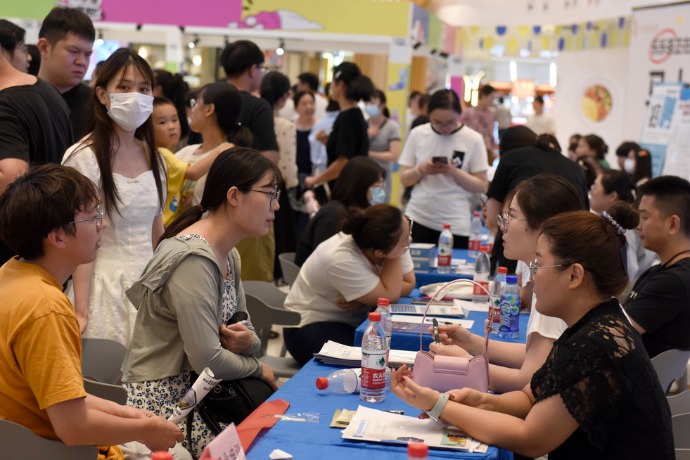China has announced that two days will be added to the public holiday calendar next year, taking the total to 13. The move does not create new holidays but extends two existing ones, including Lunar New Year, the country’s biggest festival. As of next year, Spring Festival will be extended from three days to four with the addition of Lunar New Year’s Eve. The traditional Labour Day holiday on May 1 will also be extended with the addition of the following day.
The Chinese authorities have typically banked on extended breaks as a way of boosting consumer spending and this is a particular concern at present amid faltering growth and a strategy of boosting domestic consumption to help the economy. Apart from public holidays, Chinese workers are typically given between five to 15 days’ annual leave, which some workers take after major public holidays such as Lunar New Year or National Day in October to extend their time off.
Although this is a common practice in many countries, China also has a particular system known as tiaoxiu, or “holiday swap”, which adds regular days off – for example weekends – to the public holiday period to extend the break. The sting in the tale is that this means workers will then be obliged to work on the days they would normally expect to take off to make up for the time “lost” to holidays.
Not surprisingly the prospect of extra days off was welcomed by many, with the subject becoming the top trending topic on social media platforms. But this enthusiasm was tempered by the lasting unpopularity of holidays swaps, with many calling for the system to be scrapped altogether.





















